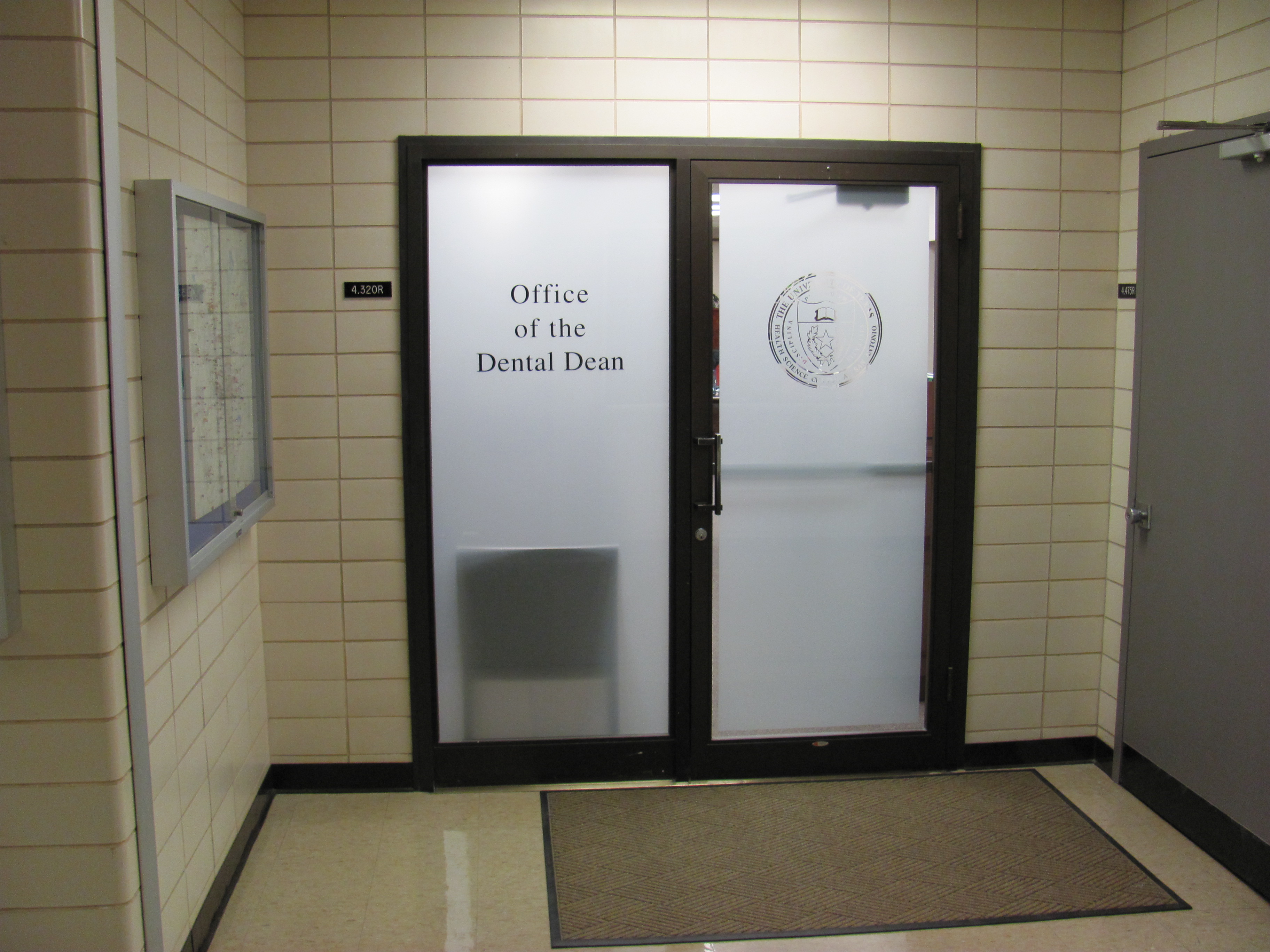How To Prepare For Dentist

Preparing for a dentist appointment can be a nerve-wracking experience, especially if you’re someone who gets anxious about visiting the dentist. However, with a little preparation and knowledge of what to expect, you can make the experience much more comfortable and even stress-free. In this article, we’ll take a comprehensive look at how to prepare for a dentist appointment, covering everything from the initial stages of preparation to the actual appointment itself.
Understanding Your Appointment
Before we dive into the preparation steps, it’s essential to understand the purpose of your dentist appointment. Are you going for a routine check-up, or do you have a specific dental issue that needs attention? Knowing the purpose of your visit can help you prepare more effectively. For instance, if you’re going for a routine check-up, you might not need to do as much preparation as you would if you were having a more complex procedure like a root canal.
Preparing Mentally
Mental preparation is just as important as physical preparation when it comes to visiting the dentist. Here are a few tips to help you prepare mentally:
- Learn About the Procedure: If you’re having a specific procedure done, learning about it can help alleviate some of the anxiety. Understanding what’s going to happen can make the experience less intimidating.
- Talk to Your Dentist: If you have any concerns or fears, don’t hesitate to talk to your dentist about them. They are there to help you and want to make your experience as comfortable as possible.
- Relaxation Techniques: Practice relaxation techniques such as deep breathing, meditation, or listening to calming music. These can help reduce your anxiety on the day of the appointment.
Physical Preparation
Physical preparation is also crucial for a comfortable and successful dentist appointment. Here are a few things to consider:
- Brush and Floss: Make sure to brush and floss your teeth before your appointment. This not only helps keep your teeth clean but also gives your dentist a clearer picture of your oral health.
- Avoid Certain Foods: Avoid eating certain foods that can stain your teeth or make them more sensitive before your appointment. Examples include coffee, tea, and spicy foods.
- Arrive Early: Plan to arrive at least 15 minutes before your appointment. This gives you time to fill out any necessary paperwork and get settled before your appointment.
Practical Steps
Here are some practical steps you can take to prepare for your dentist appointment:
- Gather Information: Gather any relevant information that your dentist might need. This could include your medical history, a list of medications you’re taking, and any previous dental work you’ve had.
- Ask Questions: If you have any questions or concerns, write them down and bring them with you to your appointment. This ensures that you don’t forget to ask anything important.
- Plan for Time Off: If you’re having a procedure that requires recovery time, plan accordingly. You might need to take the rest of the day off work or make arrangements for someone to drive you home.
During the Appointment
Once you’re at the dentist, there are a few things you can do to make the experience more comfortable:
- Be Honest: Be honest with your dentist about your anxiety or fears. They are trained to deal with nervous patients and can take steps to make you feel more at ease.
- Ask for Breaks: If you’re feeling overwhelmed, don’t hesitate to ask for a break. Your dentist wants you to be comfortable and will work with you to make the experience as pleasant as possible.
- Follow Instructions: Follow your dentist’s instructions carefully, both during and after the appointment. This can help ensure that your recovery is smooth and that you get the best possible results.
After the Appointment
After your appointment, there are a few things you can do to aid in your recovery and ensure that you get the most out of your visit:
- Follow Aftercare Instructions: Your dentist will give you specific instructions on how to care for your teeth and mouth after your appointment. Follow these instructions carefully to ensure proper healing and to prevent any complications.
- Take Medication as Directed: If you’re prescribed any medication, take it exactly as directed. This can help manage any pain or discomfort and prevent infection.
- Attend Follow-Up Appointments: If your dentist schedules a follow-up appointment, be sure to attend it. This allows your dentist to check on your progress and make any necessary adjustments.
What should I do if I'm feeling anxious about my dentist appointment?
+If you're feeling anxious about your dentist appointment, there are several things you can do to help manage your anxiety. Learn about the procedure, talk to your dentist about your fears, and practice relaxation techniques such as deep breathing or meditation.
How can I prepare my child for a dentist appointment?
+Preparing your child for a dentist appointment involves explaining what will happen in a way that's easy for them to understand, reassuring them that it's a safe and routine experience, and considering bringing a favorite toy or book to provide comfort during the appointment.
What are some common mistakes people make when preparing for a dentist appointment?
+Common mistakes include not disclosing medical history or medications, not arriving early enough to fill out paperwork, and not following aftercare instructions carefully. Avoiding these mistakes can help ensure a smooth and successful appointment.
In conclusion, preparing for a dentist appointment involves a combination of mental preparation, physical preparation, and practical steps. By understanding your appointment, preparing mentally and physically, and taking practical steps such as gathering information and planning for time off, you can make your dentist appointment a more comfortable and successful experience. Remember, your dentist is there to help you, and with the right preparation, you can achieve optimal oral health and a positive experience at the dentist.

